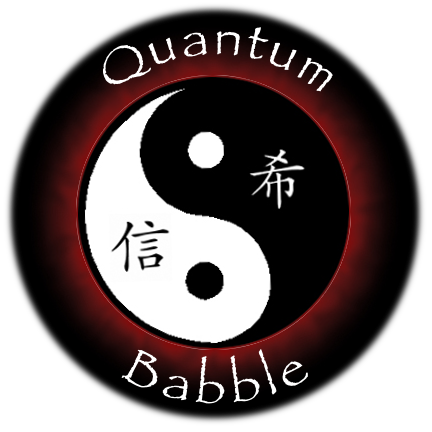Purusartha
Every major religion has a purpose or intent for its followers, and Hinduism is no different.
Born from a desire to change ourselves (and perhaps the world, one person at a time), these goals, known as Puru??rtha, help the practitioner guide their life with wisdom.
These are important concepts to know if we really want to understand Hinduism!
Dharma
It’s somewhat difficult to grasp an exact definition of what dharma means in Hinduism, because there are so many uses of the word in stories and scriptures.
But mostly it’s equated with principles such as duty, honor, justice, good works, character, and virtue. In many stories of Hinduism, when a person is in trouble, they turn to dharma to find their way out of a difficult situation.
This is a central part of Hinduism, and shows up just about everywhere!
Artha
Artha means goal, purpose, or “means of life”.
Artha is a very important part of Hinduism, because it helps define the direction a person will take in their lifetime. It’s tied to concepts of income and security.
Without artha, many people are aimless and feel incomplete.
K?ma
Kama means longing or desire in Hinduism.
But this isn’t just a simplistic longing or desire; it’s actually the right kind of desire.
This is a principle where the person must understand what desires he/she has and how they interrelate to their interests and goals.
Often times, we’re influenced by desires in a negative way…they may lead us to the wrong environments and social circles. Think of it as anything that distracts us from our artha in life.
Moksa
In Hindu traditions, moksa means self-realization or enlightenment and is the ultimate goal of life.
It could be said that the other 3 are simply stepping stones to this state of heightened awareness and perception.
Vivekachudamani, a popular text on Moksha, defines it as the following:
Beyond caste, creed, family or lineage,
That which is without name and form, beyond merit and demerit,
That which is beyond space, time and sense-objects,
You are that, God himself; Meditate this within yourself.-Vivekachudamani, 8th Century AD
By

